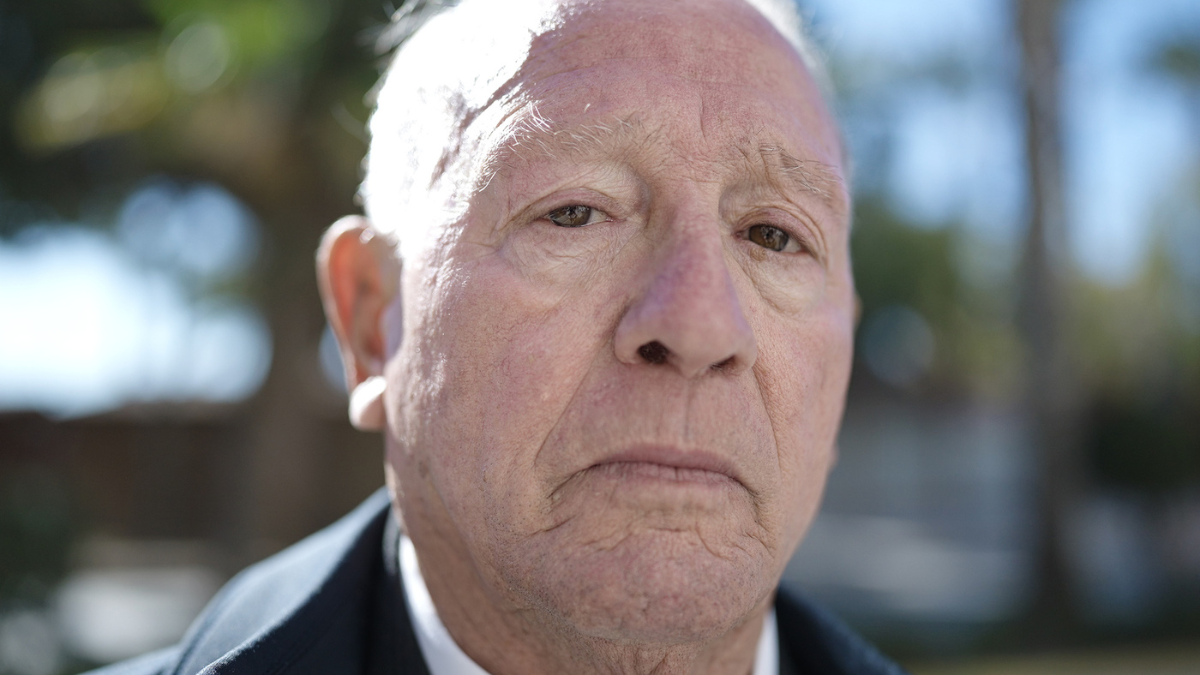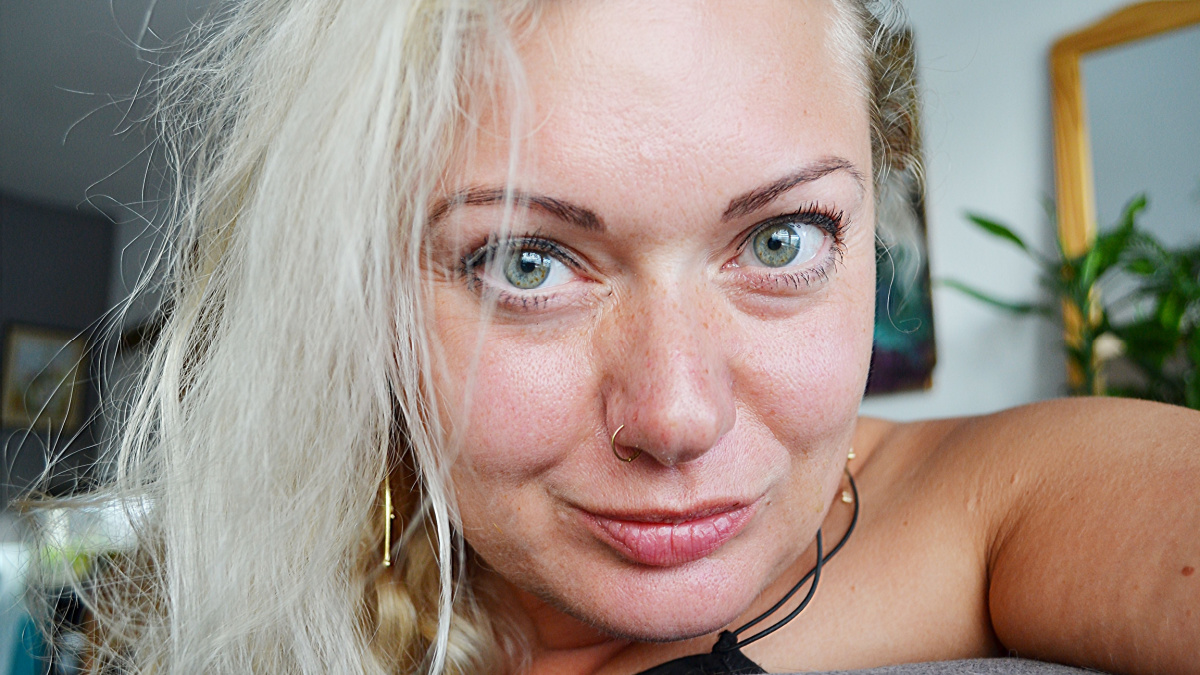Have you ever considered societal norms that we’ve normalized but may seem dystopian upon further inspection? Certain aspects of our modern society are so dystopian if we stop to think about them. We are so used to them that we think they are very normal, even if they are truly toxic.
From glorifying overwork to the omnipresence of advertising, this article delves into aspects of modern life that might seem normal but are startlingly unsettling when you think about it.
1. Glorifying Overwork

Stories that celebrate extreme hard work just to make ends meet often mask the harsh reality of economic struggles. While some find these stories inspiring, they also highlight a concerning societal acceptance of overburdening individuals.
2. Ubiquitous Advertising

The constant barrage of ads in our daily lives has become so normalized that it’s almost invisible, yet it represents a pervasive influence on our thoughts and choices. This unending exposure shapes our desires and behaviors in subtle, often unnoticed ways.
3. Advertiser-Friendly Language in Real Life

The growing use of “safe” language (such as unalive) to suit advertisers, like avoiding certain words on social media platforms, reflects a subtle yet profound shift in our daily communication. It’s a change that blurs the lines between genuine expression and commercial influence.
4. Excessive Waste Production

Our massive production of trash and disconnection from the natural world point to a disturbing disregard for environmental sustainability. This widespread practice raises questions about the long-term consequences of our consumerist lifestyle.
5. Healthcare Tied to Employment

In the US, the norm of tying healthcare to employment creates a precarious situation for many. This system often forces people into difficult choices between health and financial stability, revealing deep inequities in access to healthcare.
6. Working While Sick

The normalization of working while sick due to limited sick days reveals a troubling disregard for health and well-being in the workplace. It’s a practice that not only affects individuals but also has broader public health implications.
7. Pseudo-Intellectualism

The rise of pseudo-intellectualism, where everyone claims expertise and the validation of knowledge is increasingly disputed, poses a threat to established sciences and industries. This trend undermines collective understanding and consensus on critical issues.
8. Normalization of Debt

Society’s acceptance of living in debt, particularly the convoluted nature of credit scores, reflects a disturbing reality. It’s a system that often traps individuals in a cycle of debt, impacting their access to essential services like housing.
9. Criminalizing Basic Needs

The jailing of individuals for stealing food while vast amounts of food are wasted highlights a stark contradiction in our societal values. It underscores the inequality in access to basic necessities.
10. Homelessness Amidst Wealth

The persistence of homelessness in wealthy nations points to a deep failure in addressing basic human needs. It’s a stark reminder of the growing divide between the wealthy and the impoverished.
11. Corporate Personhood

Treating corporations as individuals, with rights often surpassing those of real people, illustrates a bizarre and concerning aspect of our legal system. This concept often leads to skewed priorities favoring corporate interests over individual welfare.
12. Skyrocketing Housing Costs

The ever-increasing cost of housing, coupled with stagnant wages and a growing wealth gap, paints a grim picture of economic inequality. It reflects a system where basic shelter is becoming increasingly unattainable for many.
13. Corporate Land Ownership

The trend of corporations and foreign entities buying up land and housing raises concerns about community stability and individual homeownership. It’s a shift that impacts the fabric of neighborhoods and the concept of home.
14. Lack of Political Term Limits

The absence of Congressional term limits and the self-regulation of Congress and the Supreme Court reveal a problematic aspect of political power. This situation often leads to concerns about accountability and the potential for entrenched interests in public service.
15. Working for Basic Sustenance

The expectation to work just for shelter, especially considering the future impact of automation, highlights a dystopian aspect of our societal structure. It raises questions about the future of employment and the necessity of rethinking our approach to work and basic human needs.
15 Behaviors That Are a Dead Giveaways Someone Grew up Poor

Many people who grew up poor don’t exactly want to display this information for the world to see. However, it can come out in a wide range of behaviors that make it obvious that the person grew up lower class or in poverty.
Many people have habits that they picked up during those years that they haven’t let go of yet.
15 Behaviors That Are a Dead Giveaways Someone Grew up Poor
15 of the the World’s Greatest Lies

There’s a lot of misinformation out there. Information is often wielded as a weapon and used against the public. Some lies are so colossal that they’re practically universal in our society.
15 of the World’s Greatest Lies
15 Things That Feel Illegal but Are Actually Perfectly Legal

Life is full of peculiar situations where our instincts often tell us that something just can’t be legal, yet the truth might surprise you. Here are 15 things that might feel illegal but are entirely within the bounds of the law.
15 Things That Feel Illegal but Are Actually Perfectly Legal
12 Things That Were Socially Acceptable 25 Years Ago, but Are Frowned Upon Today

Over the past 25 years, society has seen significant changes in what it considers acceptable behavior. What was once deemed perfectly fine in the past is now often met with disapproval. As cultural norms and values continue to evolve, it’s essential to reflect on these changes and how they shape our daily lives.
12 Things That Were Socially Acceptable 25 Years Ago, but Are Frowned Upon Today
12 Things You Really, Really Don’t Need In Your Home

One of the best ways to save money is to learn to live with less. If you live on less, then you need less and then you spend less. There are some stuff that you may have in your home that you don’t need.
There are several ways that you can adjust your lifestyle and learn to live with less. Here are some things you have in your home that you don’t need.
12 Things You Really, Really Don’t Need In Your Home

